Previously, Mr. Phan Van Chao's family (village 2, Chu Pah commune) often used inorganic fertilizers to fertilize crops, so the investment cost was high. In 2022, after learning about the application of biotechnology to compost fish protein into microbial fertilizer, his family gradually switched to using organic fertilizers.
“My family has 6 hectares of coffee intercropped with fruit trees such as durian, avocado, rambutan... Passionate about agriculture , I always research and learn new methods to apply, especially organic farming methods. I learned how to compost fish protein to make fertilizer through seminars, training sessions and learn more on mass media” - Mr. Chao said.
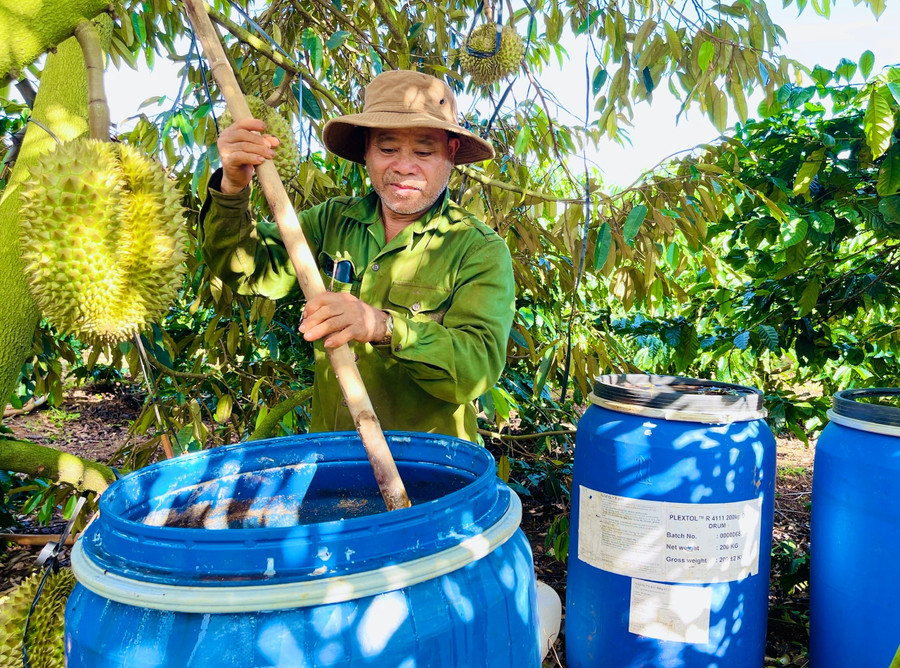
Mr. Chao bought some large plastic barrels to produce his own biological fish fertilizer; bought fish waste discarded by traders from the market and soaked it in a mixture of humic substances, eggs, bananas, etc.
After many failures due to incorrect fermentation, Mr. Chao gradually found the secret to making quality fish protein. According to Mr. Chao, humic is a part of organic matter in the soil, does not directly provide nutrients but contributes to improving the soil, helping plants absorb nutrients and water more effectively. After 1 month of fermentation, he mixed the fish protein with water in a balanced dose to fertilize the plants.
“Fish contains a lot of protein, combined with probiotics will help plants absorb it better. This method also helps improve soil fertility, develop soil ecosystems, loosen the soil and help plants grow healthily, limiting pests and diseases. In addition to fermenting fish protein, I also process waste, agricultural by-products, and organic waste into fertilizer for plants. Thanks to that, my family's garden is always green and has high productivity. With 6 hectares of various crops, I earn over 1 billion VND/year" - Mr. Chao shared.
The family of Mr. Le Viet Den (Plei Brieng village, Chu Puh commune) is one of the households that successfully applied the method of collecting, processing, and reusing organic waste in agricultural production. He uses the biological product Bio Grow as a catalyst to quickly decompose and make organic fertilizer from livestock waste, coffee husks, straw, leaves, etc.
This method has helped Mr. Den's family save production costs, reduce the use of chemical fertilizers in agriculture and contribute to environmental protection.
Mr. Den said: “With 1.5 hectares of cultivated land, my family grows coffee and many other plants such as areca, banana, etc. I used cow dung mixed with coffee husks and straw, and sprinkled lime evenly. Then, I used the biological product Bio Grow in the correct ratio and composted it for 30 days. This composting method will limit pathogens that are harmful to plants.”
By applying this method, Mr. Den's family has completely changed their old production mindset. Instead of using chemical fertilizers, he realized that turning waste into organic fertilizer not only saves production costs but also contributes to environmental protection.
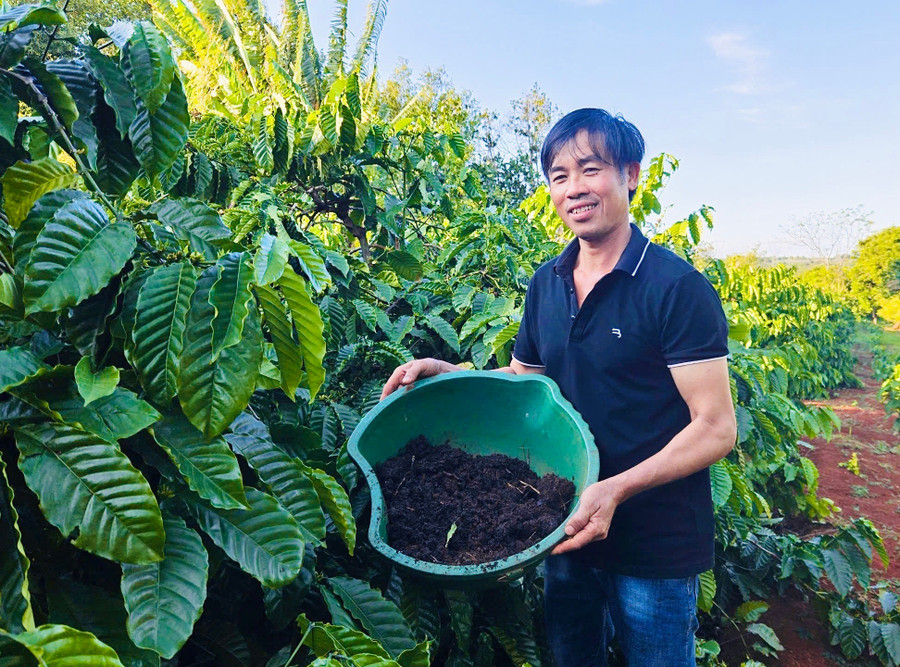
According to Ms. Vo Thi Thuy Ngan - Deputy Director of the Provincial Center for Application of Science and Technology Advances, many farmers have processed agricultural waste and by-products into organic fertilizers.
This is one of the effective solutions to help farmers produce circularly, moving towards a green economy in line with the current agricultural development orientation. From there, it is expected to change the traditional production method for a long time.
“Collecting, processing and reusing organic waste provides farmers with a source of fertilizer for agricultural production; helps save production costs, limits the use of chemical fertilizers, and contributes to reducing environmental pollution.
In the coming time, the Provincial Center for Application of Science and Technology Advances will continue to widely disseminate the method of treating organic waste with biological products to people to contribute to the development of sustainable and environmentally friendly agriculture," said Ms. Ngan.
Source: https://baogialai.com.vn/nong-dan-gia-lai-bien-rac-thai-thanh-phan-bon-huu-co-post567011.html



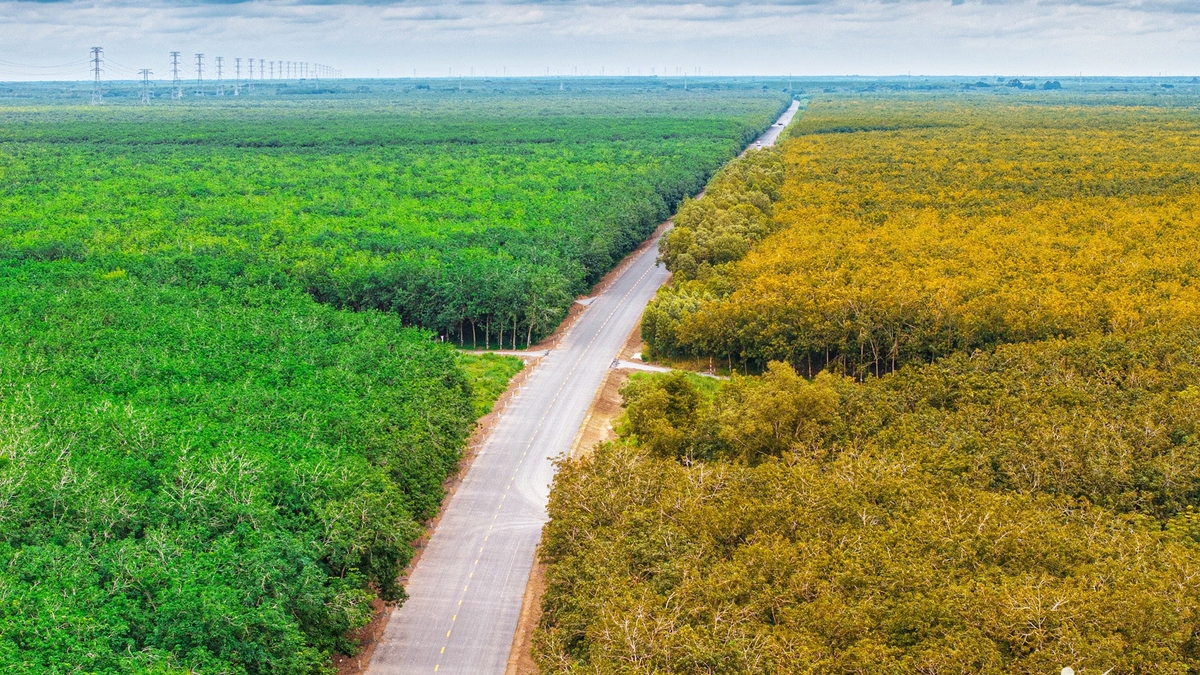




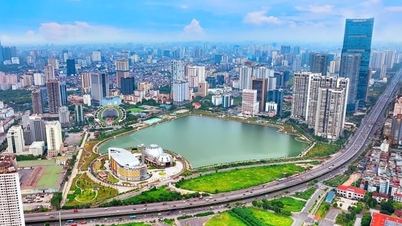

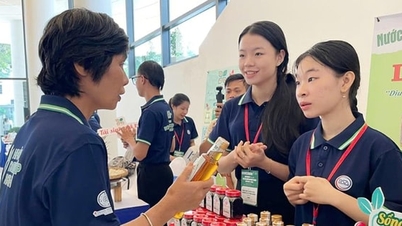
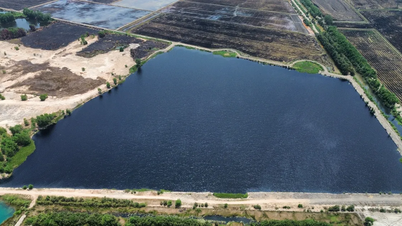

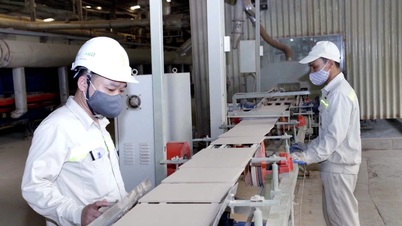

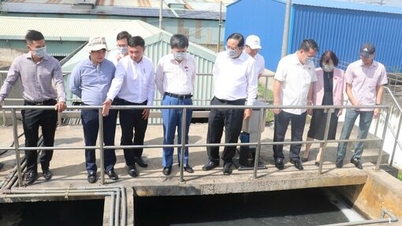

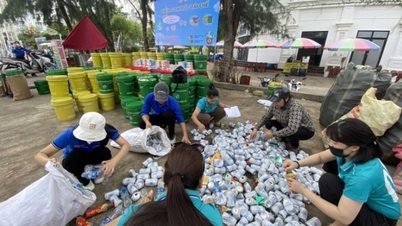

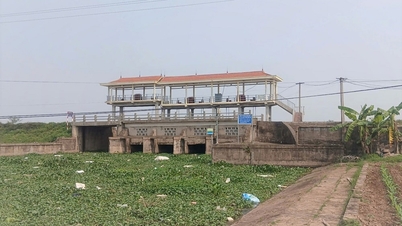

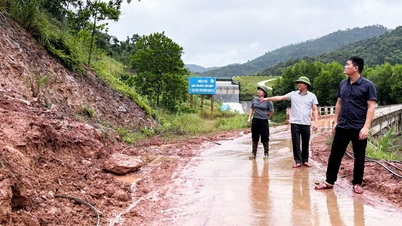

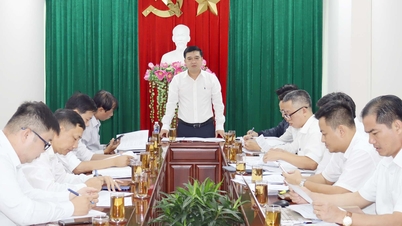

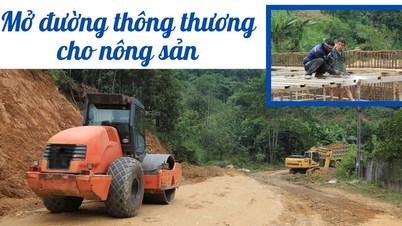



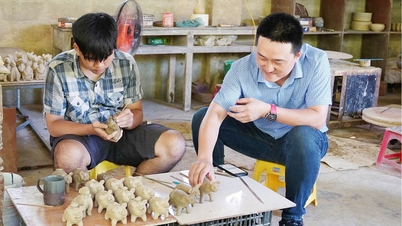





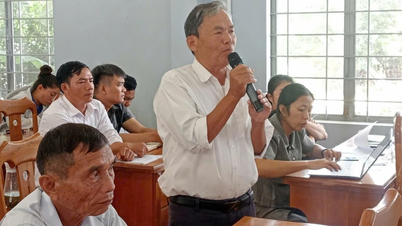
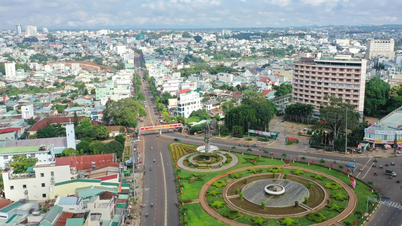

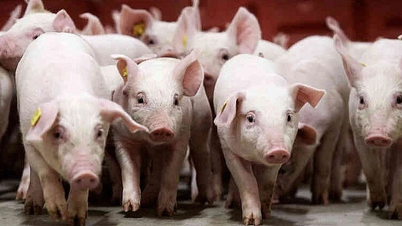
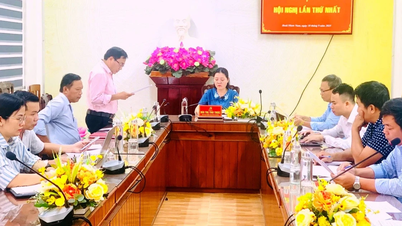
















































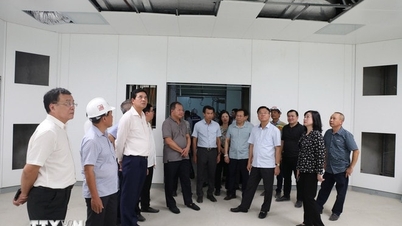
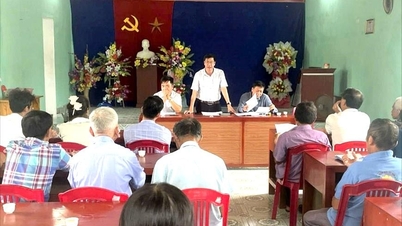
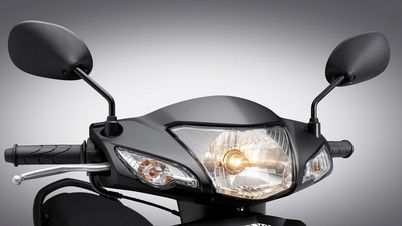


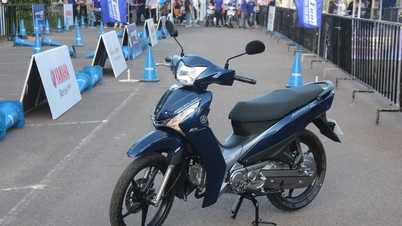
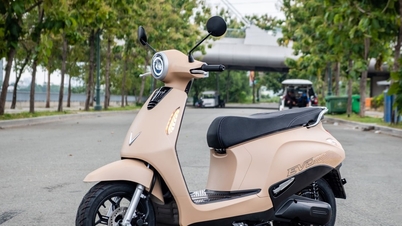












Comment (0)